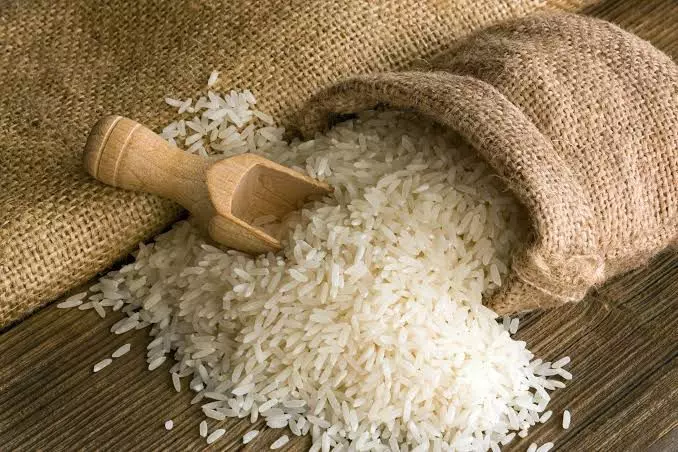Telangana’s urban residents consume 2,455 calories daily; highest in country
A heavy reliance on rice and cereal-based diets that may be leading to poor nutritional outcomes
By Newsmeter Network
Telangana’s urban residents consume 2,455 calories daily; highest in country
Hyderabad: Telangana has recorded the highest average urban per capita calorie intake in India for 2023-24, according to a government report. While this may suggest improved food availability, experts warn that it masks a deeper concern — a heavy reliance on rice and cereal-based diets that may be leading to poor nutritional outcomes.
Calorie Intake: High, but not healthy
As per the ‘Nutritional Intake in India’ survey by the Ministry of Statistics and Programme Implementation, urban residents in Telangana consumed an average of 2,455 calories per person per day. This is significantly higher than many other States, placing Telangana at the top of the list.
However, more than 43 per cent of these calories are derived from cereals, predominantly rice — a trend that experts believe may be contributing to health issues such as obesity, metabolic disorders and nutritional deficiencies.
‘Calories are not the whole story’
“On paper, the numbers may look adequate or even impressive,” said Dr Aarav Deshmukh, nutritionist and public health researcher based in Hyderabad. “But when most of your calories come from a single food group — especially refined carbohydrates — you risk missing out on essential proteins, fibres, vitamins and minerals.”
Dr Deshmukh warned that the carbohydrate-heavy pattern, while rooted in local dietary habits, is no longer suited for increasingly sedentary urban lifestyles. “Our physical activity has declined, but our diet hasn’t evolved in tandem,” he added.
Recommended intake Vs actual diet
The National Institute of Nutrition (NIN) prescribes the following daily calorie needs:
Men
• Sedentary: 2,100 kcal
• Moderate activity: 2,700 kcal
• Heavy work: 3,470 kcal
Women
• Sedentary: 1,660 kcal
• Moderate activity: 2,130 kcal
• Heavy work: 2,720 kcal
While the urban calorie intake in Telangana aligns with moderate activity levels, the macronutrient imbalance is cause for concern, especially as fat and oil intake also trends higher than the national average, with urban residents consuming over 60 grams of ghee daily.
Beyond rice: The case for dietary diversification
Experts stressed the need for dietary diversification rather than simply cutting calories.
Dr Sakshi Rao, a dietician and advisor for the Telangana Health Department, noted, “Instead of focusing only on calories, people must look at nutrient density. Adding more pulses, vegetables, fruits and millets can significantly improve health outcomes without drastically changing culinary traditions.”
There’s also a call for policy interventions. “Midday meal schemes, ration systems and public health messaging need to promote variety and balance — not just quantity,” she said.
Lifestyle change key to better nutrition
Nutritionists pointed out that food is only one part of the picture. Lack of physical activity, increased screen time and stress are aggravating the health risks linked to overdependence on carbohydrate-rich diets.
“We need an ecosystem approach — combining education, urban planning that encourages movement, and access to healthier food options,” said Dr Deshmukh.
Takeaways for urban Telangana
• Telangana leads India in urban calorie intake, but most of those calories come from rice and oils.
• Experts recommend shifting towards more balanced diets that include protein, fibre, and micronutrient-rich foods.
• Higher calorie intake is not inherently harmful — the quality of those calories is what matters.
• Urban dietary patterns must adapt to modern lifestyles marked by less physical activity.
Telangana’s top ranking in urban calorie consumption highlights a nutritional paradox — abundance in numbers but lacking in balance. As health experts urge both citizens and policymakers to focus on dietary quality over quantity, the challenge lies in evolving traditional food habits without losing their cultural roots.